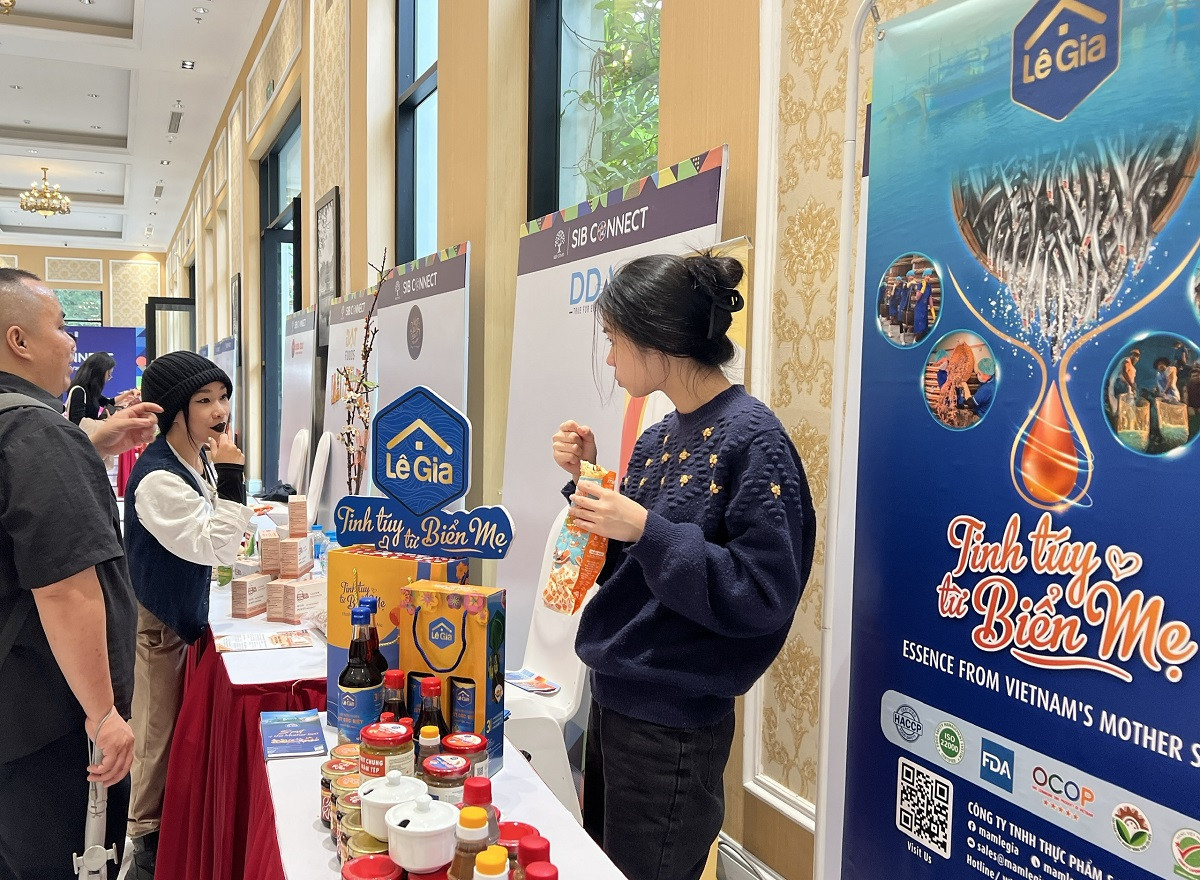
When establishing the Vietnam Staraniseed Cassia Manufacturing and Exporting JSC (Vinasamex) many years ago, Nguyen Thi Huyen, the founder and CEO, and her co-workers did not have any clear business strategies and development plans. They just made decisions based on their feelings.
When starting the business, they spent all the capital they had to collect star anise and cassia which were then very expensive, at VND120,000 VND per kilogram.
“As we did not make market analysis, we bought products at the time when they were most expensive and we could only export one container to India for a modest profit. But later, the Indian partner no longer bought our products as their inventory was very high,” Huyen recalled.
“Since Vinasamex could not continue to export star anise and cassia, our inventory degraded in quality,” she said, calling this a ‘bitter lesson’ in her business career.
Because of the lack of experience, Vinasamex did not learn about international markets, about their required standards, prices and targeted clients.
Vinasamex didn’t do business with Chinese enterprises, because the prices in the market were unstable, and it focused on the Indian market, a big consumer of star anise and cassia.
Indian people preferred cheap products, and Vinasamex exported products in large quantities. However, despite the big export volume, the profit was modest, with a profit margin of just one percent.
“When the sales were good, the Indian partners would be easy to please, but when the sales went slow, they would 'dig dirt' on products,” she recalled, saying that this was the second bitter lesson.
However, after many experiences and accumulating knowledge in the last 10 years, Vinasamex has successfully entered many fastidious markets, including Japan, South Korea, Europe and the US.
Technology application
One year ago, Huyen became the founder and CEO of Avanta Holdings which specializes in supporting SIB (social impact businesses), ready to share experience with other businesses, especially those that plan to export products abroad.
Each global market installs its technical barriers. For example, fish sauce exported to Europe should have a lighter taste and lower protein content than that destined for Asian markets.
Similarly, while Asian markets like Pakistan and Malaysia aren't stringent on tea product quality, Europe applies strict regulations on chemical content ceiling, like pesticides, synthetic fertilizers, and lead concentration. Vietnamese businesses must thoroughly understand each market.
One of the risks for businesses is financial, particularly exchange rates. A coconut exporter can make profit with the offered price of $5 per kilogram today, but it would take a loss tomorrow with the same price if the exchange rate changes.
For instance, an enterprise selling coconuts at $5/kg might find the exchange rate going from 25,000 VND/USD one day to just 24,000 VND/USD the next, risking losses if profit margins are slim.
Huyen said one of her secret to success is considering foreign partners as friends.
"When working with Indian partners, we should understand their habits. Along professional and courteous work ethics, open your heart, and conscientious, no matter if they buy your products from you,” she said.
She emphasized the need to use technology to boost sales. Avanta has recently helped some SIBs which attended an international trade fair in China and another one in Vietnam. By attending the trade fairs, enterprises had access 1,000 clients and had 320 connections with potential clients, the result which went beyond her expectations.
Bhnong could make a deal on exporting the first trial batch to China, while Le Gia got the first client from Australia. Dat Butter is going to export three containers by early 2025. Hong Lam has successfully negotiated with Japanese clients. A Chinese company has contacted Real Bean Coffee and the two sides are discussing sample orders.
Some enterprises have applied technologies which allow them to better control product quality. However, most SIBs are small and medium sized, with limited financial resources, so they hesitate to invest in technology.
Regarding the technologies that serve sales, many businesses still don’t have their own websites, don’t set up online stalls on e-commerce platforms, and don’t have profiles on LinkedIn, Instagram and WhatsApp to popularize their products, which means they lose great opportunities to approach international clients.
Binh Minh